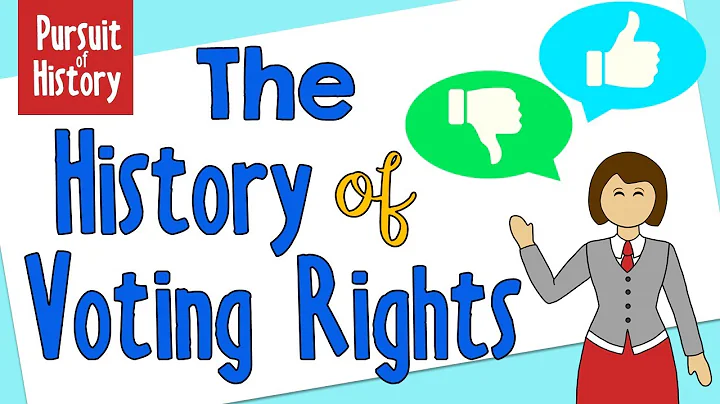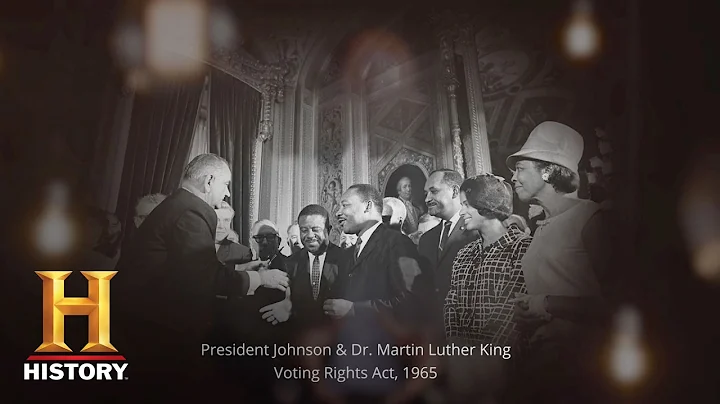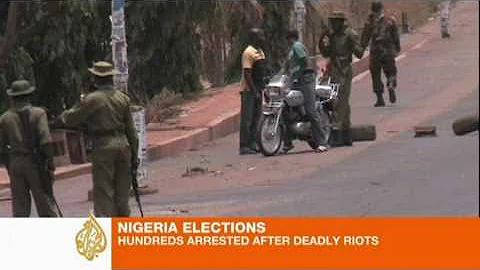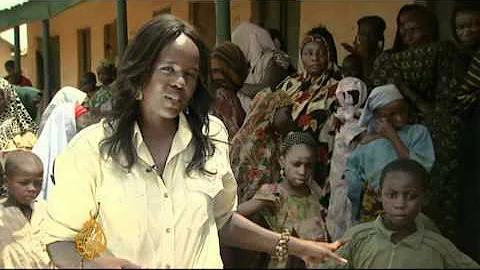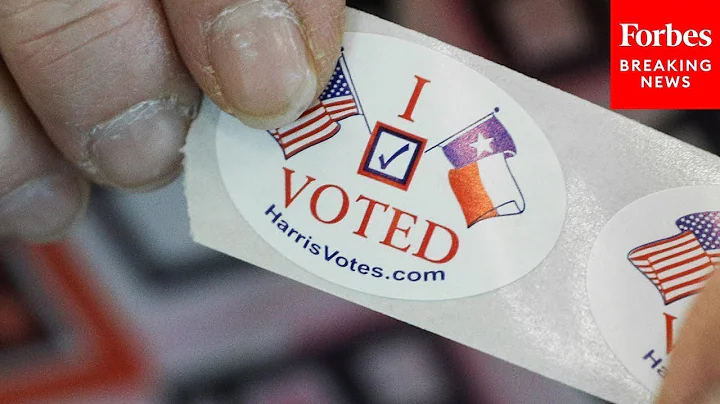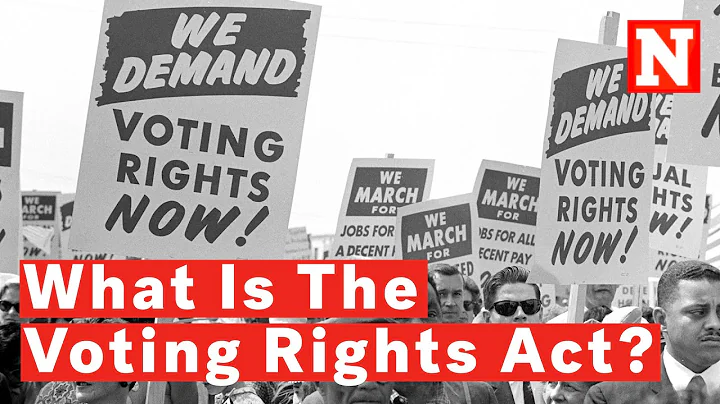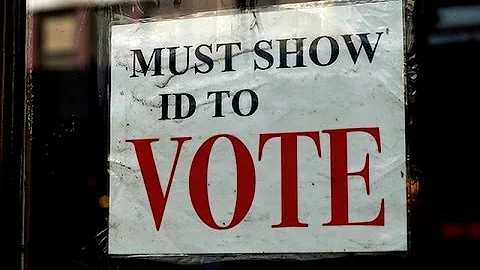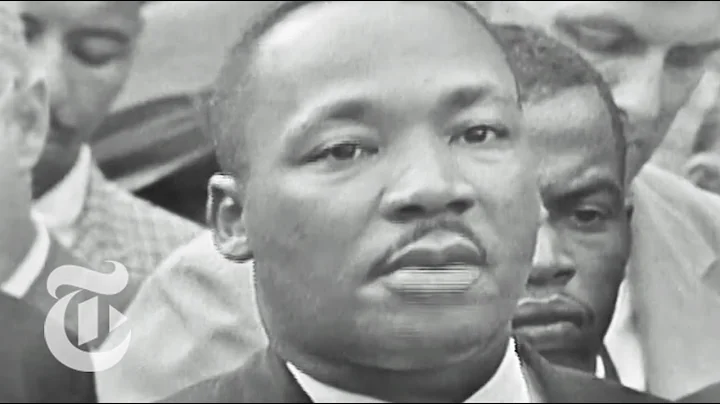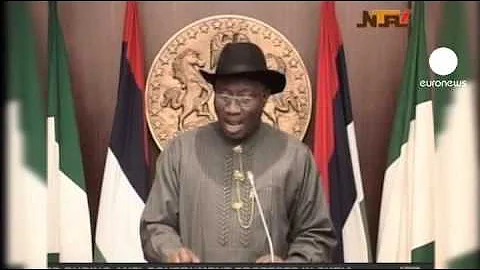Since Nigeria became independent, almost all general elections have been marked by violence.
Electoral violence triggered by the first elections held in 1964-1965 claimed more than 200 lives, especially in the southwest, according to Human Rights Watch (HRW). After the 1983 election, the country experienced large-scale post-election violence, resulting in multiple deaths and property damage.
The 1993 presidential election is widely regarded as the freest in the country's history, without serious violence, but it was not entirely peaceful. The military government led by Ibrahim Babangida declared it invalid, triggering a public outcry and a wave of protests. The Movement for Democracy (CD), led by Beko Ransom-Kuti at the time, estimated that more than 100 peaceful demonstrators and passersby were shot dead by security personnel.

Election violence in Nigeria leads to deaths since independence
Little has changed since Nigeria returned to democratic rule in 1999.
Violence broke out widely after allegations of fraud in the 1999 election that elected Olusegun Obasanjo as president. It is estimated that around 80 people died. Similarly, in 2003, at least 100 people were killed in violence triggered by federal and state elections; four years later, more than 300 people were killed in election violence, and pre-election violence alone claimed more than 70 lives.
In 2011, post-election violence again left at least 800 people dead in 12 northern Nigerian states, the worst incident to date in the country's political history.
Human Rights Watch noted that “there were widespread protests by supporters of the main opposition candidate Muhammadu Buhari, a member of the Congress for Progressive Change, following the re-election of former President Goodluck Jonathan A northern Muslim from the Congress for Progressive Change, Goodluck was a Christian from the southern Niger Delta and was a candidate for the then-ruling People's Democratic Party, according to the International Crisis Group. More than 100 people were killed during and after the 2015 election. The European Union election observation mission said about 150 people died in violence related to the last national elections in 2019.
Why do democratic societies face such serious electoral violence? Finger points have been pointed at a variety of problems, including weak governance, ineffective security forces, poverty and unemployment, abuse of power, political alienation, a climate of impunity, winner-take-all political systems, and the proliferation of small arms .
According to news reports recorded by the tracker, at least 350 people died in electoral violence in Nigeria between April 2014 and May 2022, including 325 civilians, 21 security personnel, and 4 politicians. A further 51 people, mainly officials of the Independent National Electoral Commission (INEC), were abducted during the same period.
Violence takes many forms, such as arson, assassination, ballot box snatching, coercion, forced destruction, kidnapping, crises caused by hate speech, shootings, assassinations, etc.

Trends in electoral violence in Nigeria [2014-2022]
The years with the highest number of deaths were 2015 and 2019, when general elections were held.
But in addition to collecting election information, NST data also collects other election information. The way Nigerian politics evolves is that gubernatorial elections and other electoral campaigns are held in the middle of a four-year general election cycle.
So far this year, 25 people have died in election violence, which is almost as bad as 2014.
The year with the lowest number of incidents and deaths was 2017, while the year with the highest number of deaths and kidnappings was 2019, when Muhammadu Buhari became president for the second time.

Number of people killed and kidnapped during electoral violence in Nigeria [2014-2022]
From 2014 to 2022, the states with the highest number of electoral violence incidents were Rivers State, Lagos , Kogi State, Ondo State and Ekiti State. .
Rivers State and Lagos State also recorded the highest number of deaths, followed by Taraba, Bayelsa, Delta State, Ebonyi State, Kano and Kogi. The places with the highest number of kidnapping victims were Katsina, followed by Imo, Enugu, Kogi and Sokoto.

Attacks on the Independent National Electoral Commission of Nigeria [2019-2021]
Another target of electoral violence in recent years is the Independent National Electoral Commission of Nigeria.
The commission said last year that its offices were attacked 41 times in 14 states between 2019 and May 24, 2021. These included 20 cases of vandalism, 18 cases of arson, and three cases of both.
INEC attributed 18 of the incidents to anti-police brutality, 11 to "unidentified gunmen" and thugs, six to assassinations during the election, and the rest to bandits, Boko Haram insurgents and post-election violence.
These incidents are mainly concentrated in the southeast and southwest regions of the country. Seven of the cases occurred in Imo State, six in Osun State, five in Akwa Ibom State, and four in Abia and Cross River States. The rest were recorded in Anambra, Bayelsa, Borno, Ebonyi, Enugu, Kaduna, Lagos, Ondo and Taraba.
Concerned about an ongoing pattern of violence during Nigeria’s general elections, Human Rights Watch urged President Buhari in 2019 to address the issue.
Ewang, a Nigeria researcher at Human Rights Watch, said: “Nigerian voters have given Buhari another opportunity to address the country’s serious human rights problems, including political violence. He should start by reforming the security forces to ensure strict compliance with human rights standards and prompt investigations and prosecutions. Those involved in human rights violations”
.